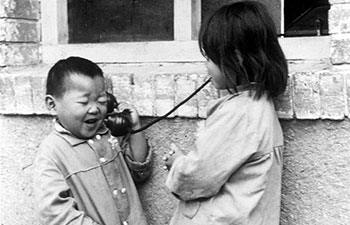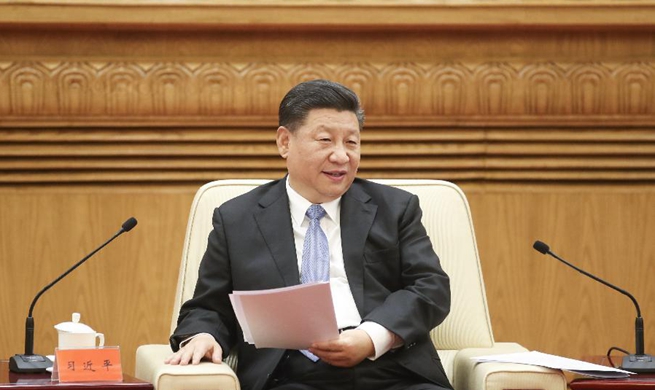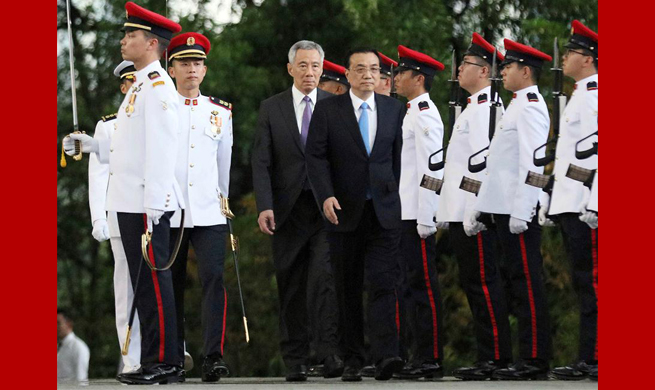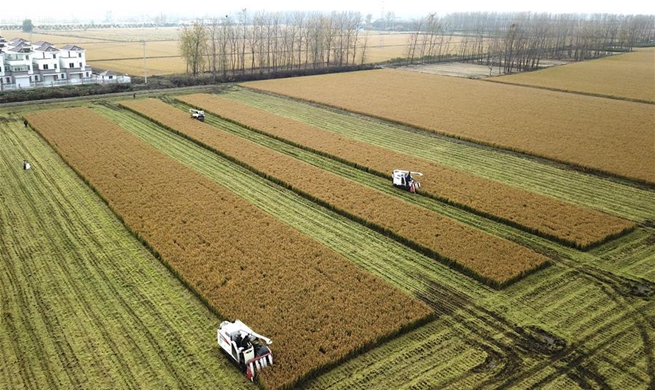CAPE TOWN, Nov. 13 (Xinhua) -- South African lawmakers on Tuesday "reluctantly" accepted a 1 percent value-added tax (VAT) increase designed to make up a drastic revenue shortfall.
This came after considerable consultation and deliberation, including three sets of public hearings, Parliament's Standing Committee on Finance said in a statement emailed to Xinhua.
Due to almost unanimous opposition to the increase from civil society, the committee has from the outset expressed serious reservations with the increase, among other reasons, for the negative impact on the poor and lower-income earners, who are already dealing with increases in fuel prices and the cost of living generally, Committee Chairperson Yunus Carrim said.
However, the committee is also acutely aware of the severe constraints on the budget and the desperate need to raise additional revenue, Carrim said.
The pressure has become more glaring following the introduction of the Medium Term Budget Policy Statement, which unexpectedly forecasts that there will be a revenue shortfall of 27.4 billion rand (about 1.92 billion U.S. dollars) this financial year, which includes 20 billion rand (about 1.4 billion dollars) in VAT returns that have been withheld, said Carrim.
"The committee believes that the increase has to be reluctantly accepted, but should be reviewed at the end of the third year of its implementation on April 1, 2021, following an evaluation of the impact of the rate on revenue collection and the poor," Carrim said.
This approach provides both certainty for the fiscus in raising the revenue required for the Medium Term Expenditure Frame period and allows for a review, taking into account economic and financial conditions, he said.
With the 1 percent increase, South Africa's value-added tax has been raised to 15 percent.
The increase, however, excludes white bread flour, cake flour and sanitary pads.
The committee believes that there can be more targeted expenditure to cushion the effects of VAT on the poor, by reprioritizing within the expenditure ceiling, Carrim said.
The National Treasury needs to effectively consider the possibilities of increasing the allocation of free water and electricity to indigent households and vouchers for learner uniforms at no-fee schools, said Carrim.
"More than ever, parliament and government have to ensure that more revenue is secured through considerably strengthening capacity at the South African Revenue Services to raise more revenue, drastically reducing wasteful expenditure and more effectively tackling the illicit economy and corruption. More revenue will also flow from investment, economic growth and job-creation," Carrim stressed.











